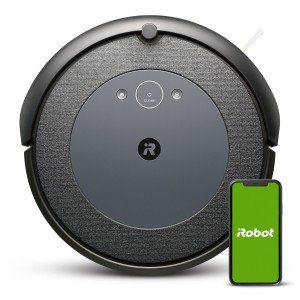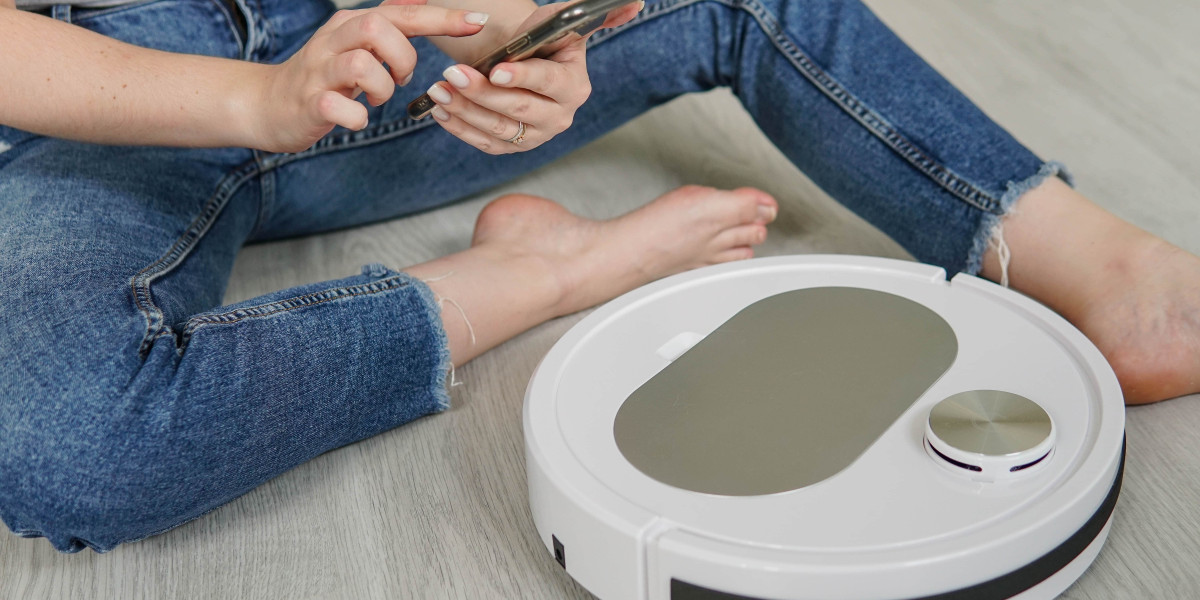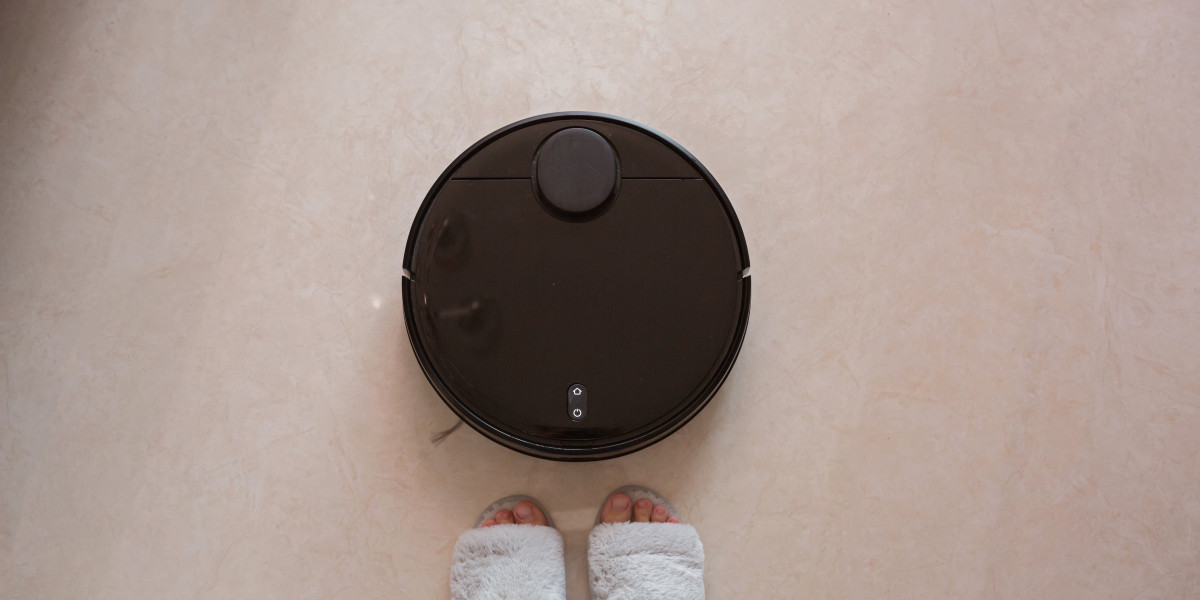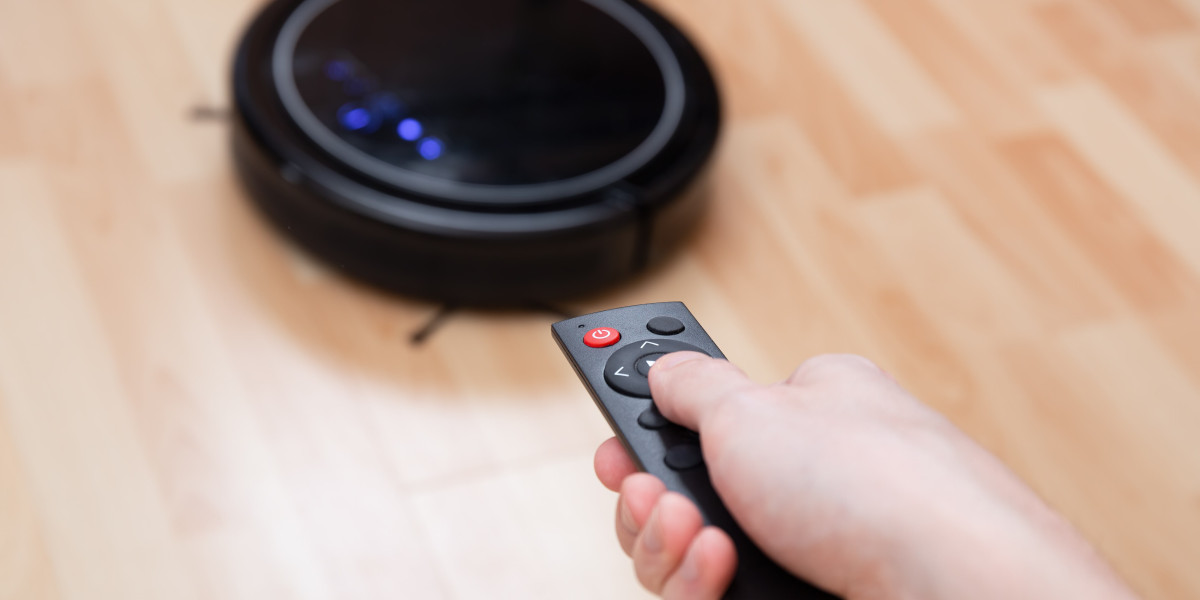Robotic Vacuum Cleaner Comparison: The Future of Home Cleaning
In recent years, robotic vacuum have transformed the method we keep tidiness in our homes. With advancements in innovation and the incorporation of artificial intelligence, these gadgets have actually developed from simple novelty items to important household appliances. This post provides a detailed comparison of some of the leading robotic vacuum on the marketplace, assisting customers make notified decisions when picking a model that suits their needs.

Understanding Robotic Vacuum Cleaners
Robotic vacuum cleaners are autonomous devices developed to tidy floorings automatically. Equipped with sensing units, they browse around obstacles and change their cleaning paths for optimal effectiveness. The crucial features that distinguish various designs include suction power, battery life, app connectivity, navigation innovation, and price.
Key Features to Consider
When comparing robotic vacuum, potential purchasers must take into account the following factors:
- Suction Power: Measured in Pascals (Pa), suction power figures out the efficiency of picking up dirt and particles.
- Battery Life: The length of time a vacuum can run before needing a recharge significantly affects its cleaning efficiency.
- Navigation Technology: Models might use simple random navigation or sophisticated mapping technologies (like LIDAR) that allow them to produce a map of the home.
- Smart Features: Connectivity to smartphone apps or smart home systems can improve usability and control.
- Filter Type: HEPA filters are advised for allergy patients, as they trap allergens and improve air quality.
Comparison of Top Robotic Vacuum Cleaners
Below is a comparison table of a few of the best robot vacuum robotic vacuum cleaners available in 2023:
| Model | Suction Power (Pa) | Battery Life (minutes) | Navigation Technology | Smart Features | Price (GBP) |
|---|---|---|---|---|---|
| iRobot Roomba i7+ | 1700 | 75 | Smart mapping | App control, voice command | ₤ 949 |
| Roborock S7 | 2500 | 180 | LIDAR | App control, multi-floor | ₤ 649 |
| Neato D7 | 2000 | 120 | LIDAR | App control, zone cleaning | ₤ 599 |
| Ecovacs Deebot T10 | 3000 | 150 | Smart mapping | App control, space detection | ₤ 799 |
| Shark IQ robot vacuum cleaner price | 1200 | 90 | Random | App control, self-emptying | ₤ 399 |
Explanation of the Table
iRobot Roomba i7+: Known for its robust cleaning capability, it features smart mapping technology that enables it to designate specific areas for cleaning. Its self-emptying function is a plus for convenience.
Roborock S7: This design masters suction power and battery life, making it perfect for bigger homes. Its LIDAR technology assists create an effective cleaning course, and it can vacuum and mop all at once.
Neato D7: The D-shape design allows for better corner cleaning, and it features strong suction power. Its LIDAR navigation allows it to map out cleaning areas accurately.
Ecovacs Deebot T10: Boasting the highest suction power and advanced navigation, this model can deal with multiple floors effectively. It's a flexible choice for households with differing robot floor cleaner types.
Shark IQ robot cleaner commercial: An affordable choice that still offers smart features. Its self-emptying ability and app integration make it a practical option for those trying to find a solid cleaning companion without breaking the bank.
Benefits of Robotic Vacuum Cleaners
Robotic vacuum cleaners provide various advantages that contribute to their rising popularity amongst customers:
- Time-Saving: Automated cleaning permits users to free up valuable time that can be invested on other activities.
- Convenience: Many models can be scheduled through apps to clean at specific times, reducing manual effort.
- Availability: They can reach under furniture and in tight areas where conventional vacuums may struggle.
- Daily Maintenance: Regular use of robotic vacuums can assist keep a consistently clean environment, promoting better total home hygiene.
FAQs About Robotic Vacuum Cleaners
1. How frequently should I run my robotic vacuum?
It is advised to run the robotic vacuum at least 2-3 times a week to keep cleanliness, though day-to-day usage can be beneficial, especially in homes with animals or high foot traffic.
2. Do robotic vacuums work on carpets?
Yes, many robotic vacuums are designed to work on carpets, however effectiveness may differ based on the model's suction power and brush type. Try to find designs particularly pointed out as reliable for carpets.
3. Can robotic vacuums clean pet hair?
Many robotic vacuums can successfully choose up pet hair, but those with strong suction and tangle-free brush designs are especially well-suited for this task.
4. How do I keep my robotic vacuum?
Regular maintenance consists of cleaning the brushes and sensing units, emptying the dustbin, and periodically replacing filters to ensure ideal performance.
5. Are robotic vacuums worth the financial investment?
While they tend to be more expensive than traditional vacuums, the benefit, performance, and time-saving elements make them a worthy investment for many homes.
The market for robotic vacuum continues to expand as innovation progresses, providing customers a range of choices to fit different cleaning requirements and budget plans. By thoroughly considering functions such as suction power, battery life, and smart capabilities, users can choose a design that aligns with their way of life. Whether for convenience, ease of use, or superior cleaning performance, robotic vacuums are unquestionably improving the future of home cleaning.








